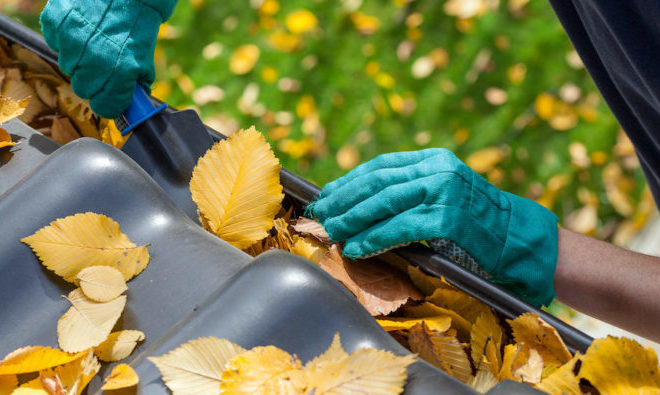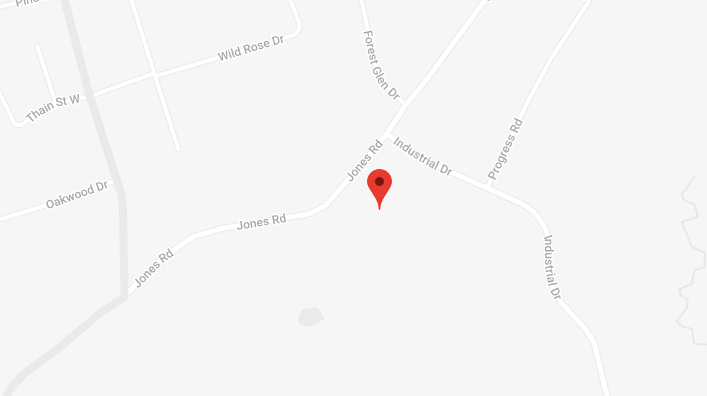The PuroClean Blog
Winter Preparation Tips for Homes and Properties

We are now headed into the waning months of the year. As is the case every year, autumn will soon fade into the cold embrace of winter, and with that change comes a bevy of changes. Are your homes and properties ready for these changes? To be sure, you should follow these tips for winter preparation.
Points of Preparedness
- The gutters, downspouts, and flat-roof boxes should be cleared of leaves and debris to encourage proper drainage.
- The attic insulation – where the attic floor meets the roof line – should be checked to protect the eaves.
- The areas at roof penetrations in the attic should be insulated with spray foam to discourage heat loss.
- The line to the exterior hose faucet should be drained and the faucet covered with a “faucet sock.”
- “Ice melt” bags should be placed near walkways. They are eco-friendly options that don’t harm plants or pets.
- Property owners should know where the shut-off valves are located. If a pipe does burst, a resident can stop the flow of water into the home.
- The pipes located in the garage must be insulated to prevent them from freezing in case the garage door is left open.
- The smoke alarms must be tested before using burners and the batteries should be replaced every year.
- Faucets should be left to trickle on cold nights. This will keep pipes from bursting, even if they do freeze.
- In a chronically damp closet, having a light bulb to always be “on” will provide a little heat and drying. This is also useful inside pianos, to stabilize the environment.
Two types of moisture detectors can be installed in a property:
-
- Spot detectors – These typically have two sensors that require moisture to come in contact to activate the alarm. Spot detectors should be placed where water is most likely to come from. They’re most useful under appliances like refrigerators with ice-makers and hot water heaters.
- Area detectors – These use a sensor wire that can be several metres in length and allow extensions and even multiple sensor wires. The alarm is activated when moisture comes in contact with any portion of the sensing wire. Area detectors are typically more expensive than a spot detector, but the area they can cover is much larger, providing a greater level of protection. Also, area detectors can set off a loud alarm or can be tied into a home automation system to send the owner a text alarm.
Tips for unoccupied or vacation properties:
- The thermostat should be kept to a minimum of 13 degrees Celsius to protect the plumbing that is normally not insulated.
- The refrigerator should be emptied and filled with crumpled newspapers to absorb any odors.
- Someone should be hired to walk each room twice a week.
- The property owner should tell the local police their property is empty or the frequency of occupation (weekends, holidays, empty until spring, etc.).
For Restoration Services, Call PuroClean!
Property disasters can ruin an otherwise pleasant winter. PuroClean team stands ready to provide professional restoration services to any property affected by fire, water or mould damage. Call us at (705) 710-0606.
October 23, 2020


